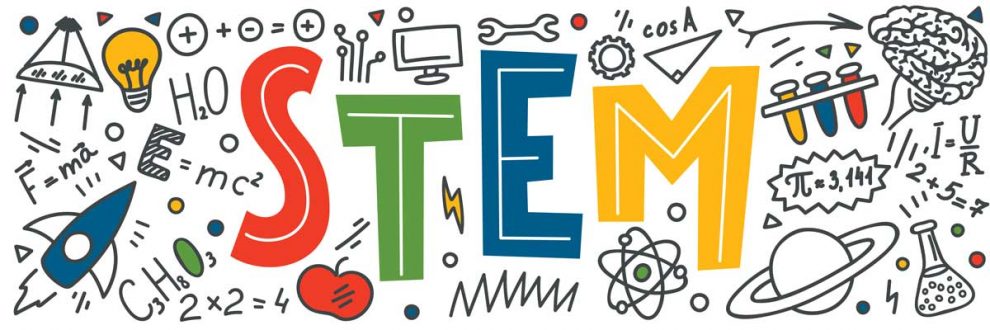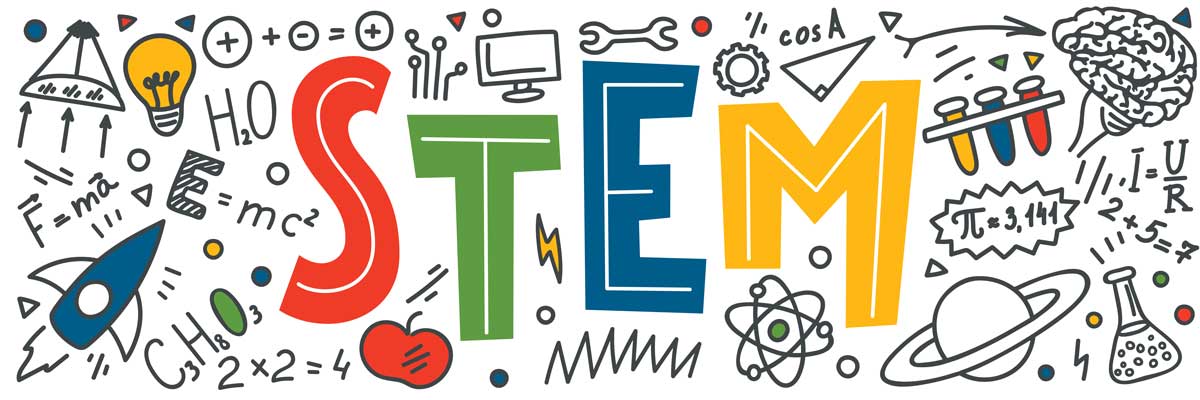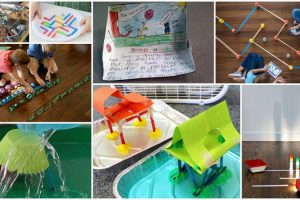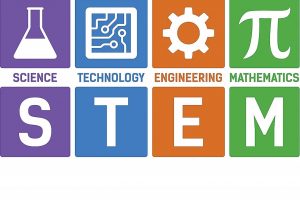STEM education, focusing on the fields of science, technology, engineering, and mathematics, has become a priority in schools across the nation. This interdisciplinary approach to learning provides students with hands-on, real world problem solving skills that prepare them for careers in the modern workforce. Here we explore some of the key reasons quality STEM education is so important for our future.
Develops Critical Thinking Skills
STEM learning emphasizes students actively applying concepts to solve meaningful problems. This develops critical thinking abilities, creativity, and logical reasoning needed for success in the innovation economy. As stated by educator Ajitha Rajasingham:
“STEM develops the ability to create and apply new solutions using evidence, analysis, and complex thinking.”
Some examples of key cognitive skills built through STEM include:
- Formulating insightful questions
- Designing methodical investigations
- Analyzing quantitative and spatial data
- Modeling complex systems and relationships
- Constructing logical explanations
- Evaluating designs and solutions
These transferable competencies prepare students for any field, even if they do not pursue a STEM career.
Prepares the STEM Workforce
Our increasingly technology-driven society demands qualified workers in STEM fields. U.S. Bureau of Labor Statistics projects over 8 million STEM related job openings by 2029, growing at twice the rate of other occupations. However, colleges are not producing enough graduates with the required skills to fill this expanding job demand. Quality STEM education starting in K-12 schools is key to cultivating interest and competency in science and technical disciplines to supply our future workforce pipeline according to researchers like Dr. Jay Labov.
Develops Problem Solving Skills
STEM learning is centered on identifying and devising solutions to real world problems through data analysis, research, critical thinking, and hands-on experimentation. Applying such problem solving across academic subjects and real life situations equips students to systematically address challenges in college, careers, and as engaged citizens. As education advocate Layla Bonnot states, “STEM develops the skills to assess a problem, create solutions, evaluate risks, and understand how parts connect to a larger system, which are needed to solve any major challenge we face.”
Prepares for Technology Dominated World
Rapidly evolving technologies based in STEM disciplines like artificial intelligence, robotics, bioengineering, and quantum computing will reshape how we live and work. Broad STEM literacy future proofs students to adapt and succeed in this technology transformed world. Former Lockheed Martin CEO Marillyn Hewson stated, “Quality STEM education is vital not only to develop the next generation of innovators, but for all students to understand the world shaped by technology around them.”
Foundational Math and Science Skills
STEM develops mathematics and science competencies that provide the foundation for any advanced education or career path. Research shows U.S. students lag peers worldwide in these core subjects starting early in their schooling. Integrated STEM instruction with hands-on applications helps reverse these deficiencies and create a strong math and science foundation for higher learning according to academic leaders like Dr. Freeman Hrabowski, President of University of Maryland Baltimore County.
Multidisciplinary Perspective
STEM integrates learning across disciplines mirroring real-world situations. Exploring engineering projects enriches science and math understanding. Coding software solutions reinforces computational logic. Designing robotics devices utilizes physics and spatial principles. This multidisciplinary grounding allows recognizing connections and enables transferring knowledge across different fields. Education scholar Dr. Yong Zhao argues, “The interdisciplinary nature of STEM education develops mental flexibility and an ability to integrate diverse ideas students will need for our increasingly complex world.”
Engaging Learning Environment
Well-designed STEM lessons actively engage students through games, experiments, designing projects, and hands-on learning that feels more like playing than traditional studying. This immersive style kindles interest in STEM subjects that may otherwise seem intimidating or boring to students. Research shows active learning improves STEM attitudes, confidence, and course completion rates, especially among groups underrepresented in technical fields according to studies by groups like the Level Playing Field Institute.
Develops Teamwork and Communication
Most STEM activities incorporate group collaboration requiring negotiation, sharing ideas, and effective communication. Managing complex projects as part of diverse teams prepares students for modern workplace dynamics where multi-disciplinary teams work together to solve problems. Communication, emotional intelligence, and teamwork are reinforced alongside technical abilities. As stated by Kimberly Green of Ford Motor Company, “STEM education teaches how to integrate diverse perspectives, collaborate across differences, and listen effectively – skills crucial outside academia.”
Builds Creativity and Innovation
Designing solutions through STEM nurtures creative problem solving and the confidence to try novel ideas. This provides a foundation for innovation, entrepreneurship, and trailblazing new fields moving forward. As advocated by Dr. Yong Zhao, “The inventiveness, persistence, and curiosity cultivated through STEM projects fosters the mindset needed for our next generation of innovators, job creators, and scientific pioneers.”
Quality STEM education equips students with multifaceted skillsets and perspectives aligned with the modern digital economy and society. While attracting more diverse talent to technical career paths, STEM programs benefit all students regardless of their ultimate profession. Developing complex reasoning, creative thinking, teamwork, and real world problem solving abilities will enable this generation to conquer new frontiers we have yet to imagine.


















